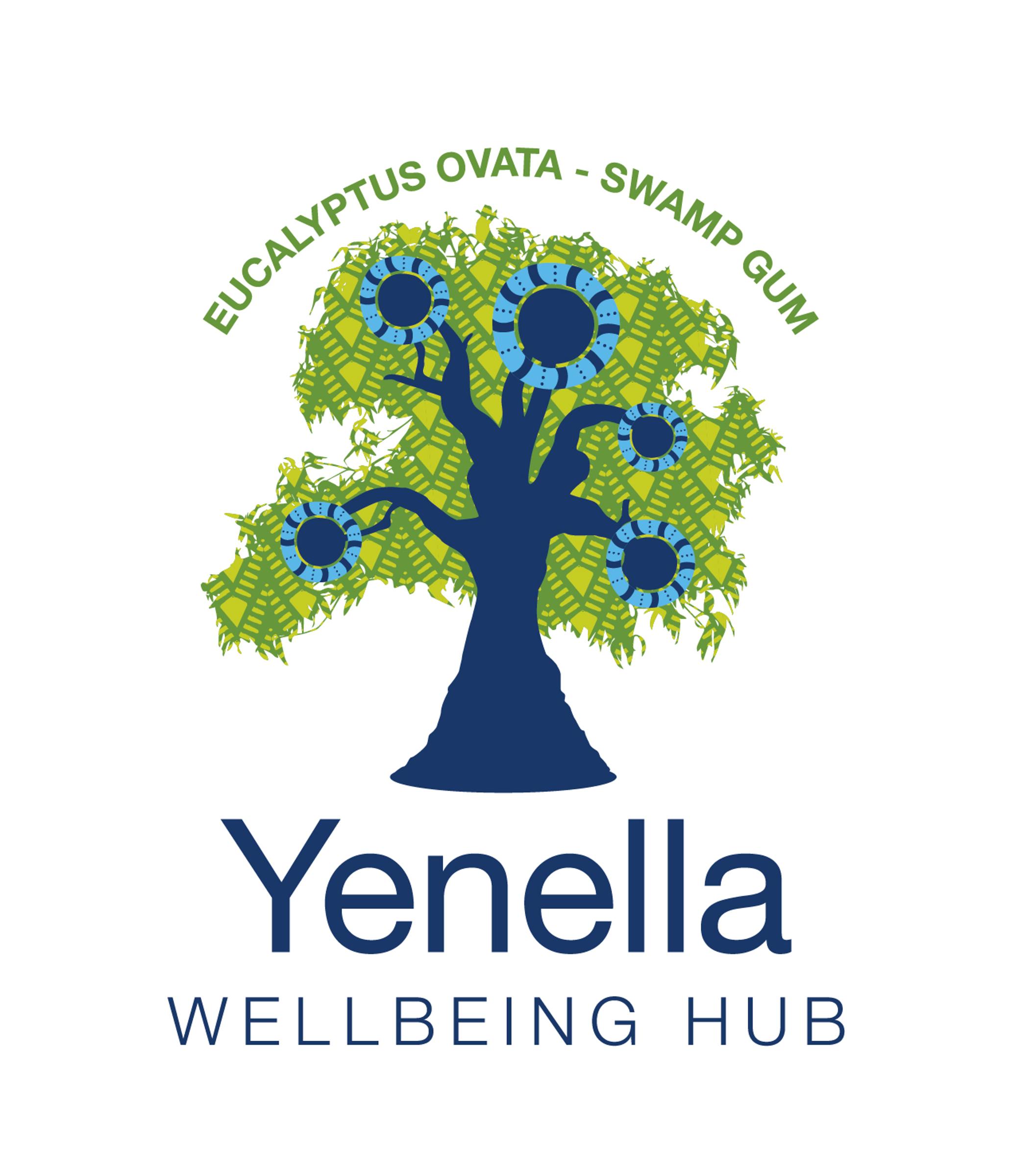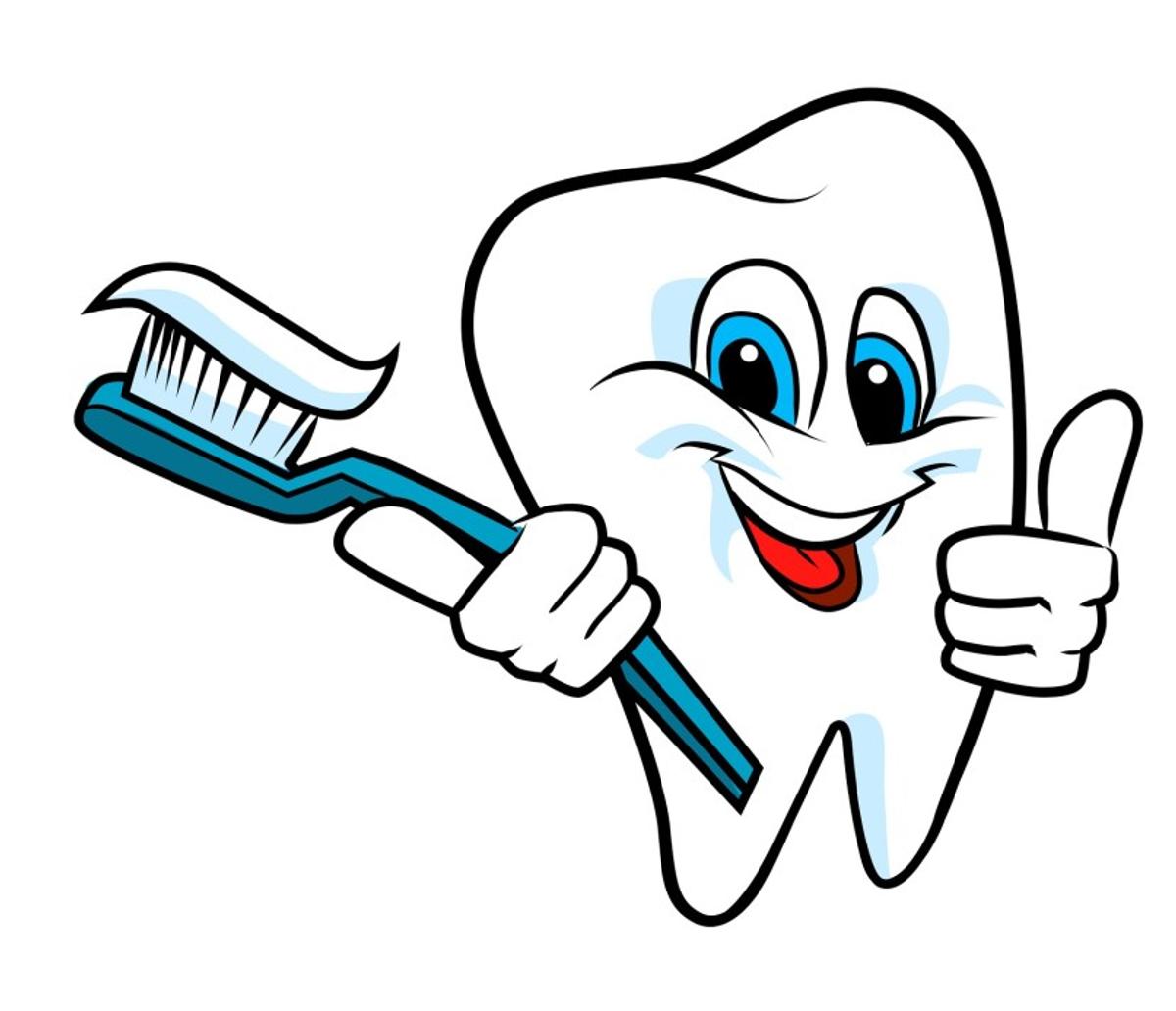Wellbeing

Kristen Allen
Please join us in welcoming our new Youth Worker, Kristen, to the Wellbeing Team.
Kristen was born and raised in Tasmania and lives on acreage raising cattle, sheep and horses. Her passion outside of work is training her horses for competition in a variety of events including the likes of Man From Snowy River in Corryong.
No cost appointments are now available with Provisional Psychologists for telehealth sessions. No GP referral or mental health treatment plan (MHTP) is required. Open to residents of rural and regional Victoria looking to work on anxiety, low level depression, anger, grief and loss, relationships and stress. Children, adolescents and adults welcome.
What is a provisional psychologist?
A Provisional psychologist has completed a bachelor’s and honours degree in psychology, and now completing their 5th and 6th year of specialist training. They are highly skilled and work under the guidance of a Board Approved Supervisor until their full general registration is received. They are trained in counselling skills, psychological assessment, and Cognitive Behavioural therapy.
This project is supported and funded by the Victorian Government. Visit the Rural Health Connect website to view the provisional psychologists profiles and book https://ruralhealthconnect.com.au/provisional-psych
NATIONAL DAY OF ACTION AGAINST BULLYING AND VIOLENCE
The National Day of Action Against Bullying and Violence is on Friday 18th August, and coincides with National Bullying Prevention Week running from 14th to 20th August. The theme for 2023 is 'Growing Connections', supporting research findings that strong school community connections and social skills are protective factors in the prevention of bullying, and help enable positive, help-seeking behaviours in students.
Bullying is NEVER ok. It is hurtful and can impact someone for a long time. Bullying happens when a person or a group of people repeatedly and intentionally use words or actions to cause distress and harm to another person's safety and wellbeing. Bullying can happen anywhere - schools, at home, at work, in online social spaces, via text messaging or via email. It can be physical, verbal, emotional, and it also includes messages, public statements and behaviour online intended to cause distress or harm (also known as cyberbullying). But no matter what form bullying takes, the results can be the same - severe distress and pain for the person being bullied. Bullying isn't the same as a 'normal' conflict between people (such as having an argument or a fight) or simply disliking someone. It's more about repeated behaviour by someone who has power or control over someone else. The sort of repeated behaviour that can be considered bullying includes:
• Keeping someone out of a group (online or offline).
• Acting in an unpleasant way near or towards someone.
• Giving nasty looks, making rude gestures, calling names, being rude and impolite, and constant negative teasing.
• Spreading rumours or lies, or misrepresenting someone (i.e. using their Facebook account to post messages as if it were them)
• Harassing someone based on their race, sex, religion, gender or a disability.
• Hurtful comments making fun of you or your work.
• Giving you pointless or demeaning tasks that don’t help you do your job.
• Intentionally and repeatedly hurting someone physically.
• Intentionally stalking someone.
BULLYING MYTHS AND FACTS
There are many myths surrounding bullying issues and some of these myths can often trivialise bullying and suggest those experiencing bullying are making a big deal out of nothing when actually that is not the case. This can undermine how a person feels if they are being bullied. Bullying should not be tolerated in any form.
Myth: Bullying is a normal part of life and you should just ignore it.
Fact: Bullying is not "normal" or acceptable in any form and ignoring might not always make it stop. If you can, please confide in someone you trust such as a parent, teacher, colleague or friend to help you get it stopped. Bullying can knock your self-esteem and confidence.
Myth: It is ok to retaliate against someone who is bullying you, it will stop it.
Fact: It’s understandable that you may be angry but if you were to get violent or aggressive it may make matters much worse as you may get into trouble too.
Myth: Those bullying are born this way, it’s in their genes.
Fact: Those who bully often adopt this behaviour from their environment or sometimes, it’s a reaction from them being bullied by others. Bullying is a learned behaviour. Whatever the case, it is not right.
Myth: Online bullying is just a joke and harmless
Fact: People being bullied online is a very serious issue, the bullying can go viral very quickly and make the problem escalate quickly. It is important to take a screenshot of any conversations, messages or posts that you feel are bullying so that you have a record.
Myth: If bullying was so bad, why don’t they have a law about it?
Fact: Serious forms of bullying is illegal and should be reported to the police including violence or assault, theft, repeated harassment or intimidation, e.g. threats and abusive phone calls, emails or text messages and hate crimes. There are variations in the law across the different states. Contact us for more information.
Myth: Reporting someone who is bullying will make things worse.
Fact: You may worry that reporting someone might make the bullying escalate or they feel they are not believed. It is important to confide in someone you trust so that you can have some help in getting the necessary support to get this stopped.
Myth: It is easy to spot the signs of bullying
Fact: It is not always easy to spot the signs of bullying as it is not always physical and obvious. Emotional, verbal and online bullying can often leave scars that people don’t see.
Myth: Children grow out of bullying
Fact: Quite often children who bully may grow up to be adults who bully or use negative behaviours, unless there has been intervention and their behaviour addressed.
On Friday 18th August, Wellbeing at BSC will be observing the day by putting on a free BBQ for all students during Break 2.
DENTAL HEALTH WEEK (7th – 13th August)
Dental Health Week focuses on the importance of taking steps to care for your teeth and gums to help you keep your teeth and smile for life. This year, DHW is focusing on the mouth and whole-body connection. There are links between diseases in the mouth and diseases in the body, and bacteria in the mouth can travel to different sites of the body and inflammation in the mouth can increase the body’s overall inflammation. Six conditions have been explored in how they link with the mouth including:
• Heart Disease
• Diabetes
• Alzheimer's Disease
• Adverse Pregnancy Outcomes
• Lung Conditions
• Inflammatory Bowel Disease
Oral Hygiene Basics
Good oral hygiene results in a mouth that looks and smells healthy. This means:
• Your teeth are clean and free of debris
• Gums are firmly held against teeth and do not hurt or bleed when you brush or floss
• Bad breath is not a constant problem.
If your gums do hurt or bleed while brushing or flossing, or you are experiencing persistent bad breath, see your dentist. Any of these conditions may indicate a problem. Your dental professional can help you learn good oral hygiene techniques and can help point out areas of your mouth that may require extra attention during brushing and flossing.
What special dental issues should a teenager know about?
Dental problems can and do occur during the teen years. Becoming better informed about issues that affect oral health can make it easier to make the best decisions.
Nutrition – Plays a key role in your dental health. The sugars and starches in many snack foods and drinks support the formation of plaque, which destroys tooth enamel. It is important to limit the number of snacks you eat and drink because each time you consume foods and drinks that contain sugars or starches, your teeth are attacked by acids for 20 minutes or more. Eating a well-balanced diet from the five food groups can make a big difference in your dental health. Choose nutritious snack foods such as cheese, raw vegetables, plain yoghurt or fruit, and drink plenty of water.
Smoking – The number one rule is: if you do not smoke, do not start! Smoking increases your risk of developing oral cancer and gum disease and contributes to many other health problems. It can also stain your teeth and contribute to bad breath. Not only does nicotine restrict blood flow to the gums, it also affects our mouth’s natural ability to fight infection and replenish connective tissue, leading to a higher risk of gum disease and tooth loss. If you do smoke, talk to your dentist and doctor about options for quitting. Make sure you also tell them about any mouth problems you may be experiencing.
Vaping - While vape juice contains a much lower amount of nicotine than traditional tobacco products (and can contain none at all depending on the user,) the negative effect of nicotine on gums is well known. One of the main ingredients in vape juice is propylene glycol (PG), which is safe to eat and inhale but when used orally breaks down into acids that damage enamel, and propionaldehyde, which irritates soft tissue. PG also causes dry mouth, taking away essential saliva, leading to cavities and gum disease.
Oral Piercing – Despite its popularity, oral piercing can cause complications such as infections, uncontrollable bleeding and nerve damage. You can also choke on studs, barbells, or hoops that come loose. Metal jewellery is also capable of chipping or cracking teeth and damaging your gums. If you are considering oral piercing, talk to your dental professional so he or she can help you make the safest choices.
Orthodontics – Many pre-teens and teens undergo braces to fix crowded or crooked teeth and poor jaw alignment. Crowded teeth can make cleaning more difficult. An orthodontic evaluation will determine if you need braces, and what type of treatment is right for you. If you wear braces, extra care must be taken to properly clean your teeth.
Mouth Guards – If you play sports, mouth guards are critical to protecting your smile. These devices typically cover the upper teeth, and are designed to protect against broken teeth, cut lips and other damage to your mouth. If you wear braces or other fixed dental appliances on your lower jaw, such as a bridge, your dentist may suggest a mouth protector for these teeth as well.
Eating Disorders – Both bulimia (binge-eating and vomiting) and anorexia (an undue fear of gaining weight often resulting in vomiting) are serious disorders, and also directly affect the appearance of teeth by eroding the tooth enamel. While a dental professional can help to manage the oral effects, he or she cannot treat the actual eating disorder. Eating disorders are potentially life-threatening conditions, requiring professional help. Should you have an eating disorder, or think you might, talk to your doctor.





